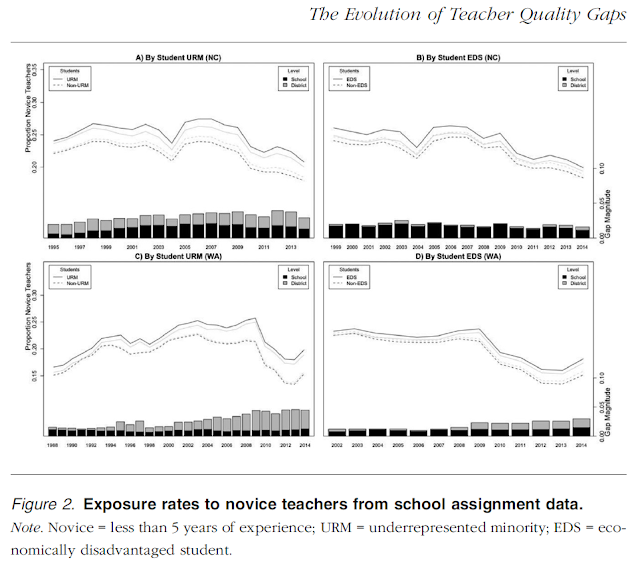Achieving Equity in Basic Education Is Swimming Against the Tide
"For whoever has will be given more, and they will have an abundance. Whoever does not have, even what they have will be taken from them." It sure sounds biblical since it is from Matthew 25:29. And within that context, this saying is about faith. But one can argue that this likewise applies to knowledge. As our knowledge increases, our capacity to learn becomes greater. With little knowledge, the potential to acquire understanding becomes smaller. Inequity in education does seem natural. It is therefore clear why establishing equity in our schools requires commitment and effort. This becomes even more obvious when we consider the fact that we often make schools even more discriminatory. Research, for instance, in the United States reveals that disadvantaged students are frequently assigned inexperienced and ineffective teachers.
The work published in the American Educational Research Journal looks at two states, Washington and North Carolina, over the past two decades. During this time, both underrepresented minorities and economically disadvantaged students have seen more novice teachers.
One may contend that being new does not necessarily mean lower quality in teaching, but a similar trend is observed with teacher licensure test scores:
Both underrepresented minorities and low-income students are exposed more to teachers who have scored at the bottom quartile of licensure tests. And these gaps in teacher quality have been present all along. The inequity does seem natural. Teaching in the midst of poverty is challenging. Effective teachers, who can afford to demand where there assignments are, probably choose schools that are less stressful. After all, the children of these teachers are more likely to be attending schools where their parents teach. Naturally, teachers who can afford to be choosy will teach in schools that are less disadvantaged for the benefit of their own children.
It is with these hard facts that one can really appreciate how difficult it is to establish equity in education. It is very difficult to see on an individual basis why equity is important especially when the fruits of equity really concern the uplifting of the society as a whole.


Comments
Post a Comment